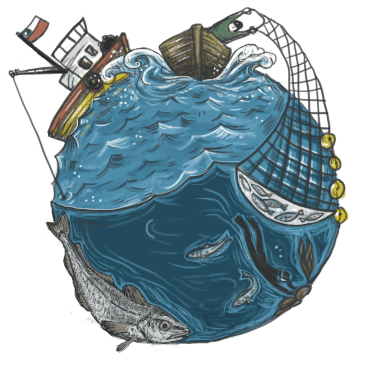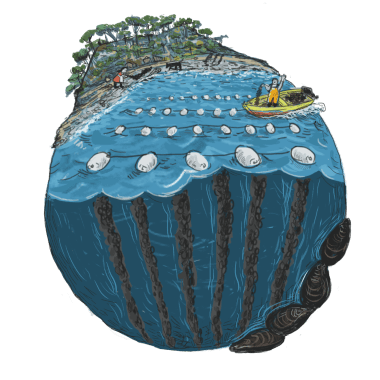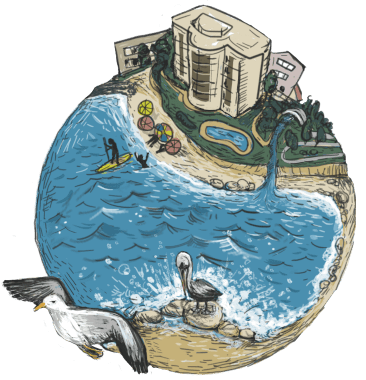Researchers launch manual to integrate human well-being into protected area planning
Researchers from the IDEAL, IEB and SECOS centers presented the "Manual for the creation of Human Well-being indicators in Protected Areas in Chile", a collaborative effort that provides a practical guide for the selection of human well-being indicators applicable to different realities of nature conservation within protected areas (public or private) in Chile.
Continue reading...
















